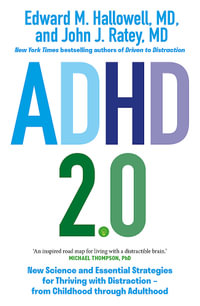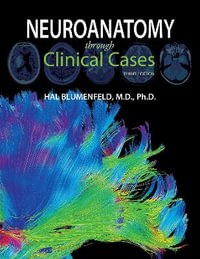
Why Dementia Makes Communication Difficult
A Guide to Better Outcomes
By: Alison Wray
Paperback | 3 September 2021
At a Glance
Paperback
RRP $62.99
$55.80
11%OFF
Aims to ship in 5 to 10 business days
ISBN: 9781787756069
ISBN-10: 1787756068
Published: 3rd September 2021
Format: Paperback
Language: English
Number of Pages: 192
Audience: Professional and Scholarly
Publisher: JESSICA KINGSLEY PUBLISHERS
Country of Publication: GB
Dimensions (cm): 22.8 x 15.2 x 1.4
Weight (kg): 0.3
Shipping
| Standard Shipping | Express Shipping | |
|---|---|---|
| Metro postcodes: | $9.99 | $14.95 |
| Regional postcodes: | $9.99 | $14.95 |
| Rural postcodes: | $9.99 | $14.95 |
How to return your order
At Booktopia, we offer hassle-free returns in accordance with our returns policy. If you wish to return an item, please get in touch with Booktopia Customer Care.
Additional postage charges may be applicable.
Defective items
If there is a problem with any of the items received for your order then the Booktopia Customer Care team is ready to assist you.
For more info please visit our Help Centre.
You Can Find This Book In
This product is categorised by
- Non-FictionMedicineClinical & Internal MedicineNeurology & Clinical Neurophysiology
- Non-FictionFamily & HealthHome Nursing & Caring
- Non-FictionLanguage & LinguisticsLinguistics
- Non-FictionFamily & HealthRelationships & Families: Advice & Issues
- Non-FictionSociety & CultureSocial GroupsAge GroupsAge Groups for AdultsAge Groups for The Elderly
- Non-FictionSocial Services & WelfareSocial Welfare & Social ServicesCare of the Elderly























